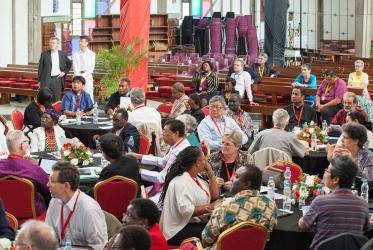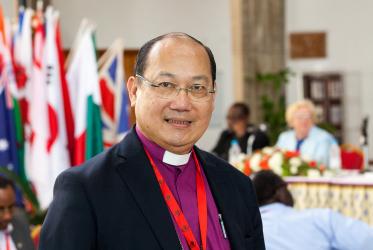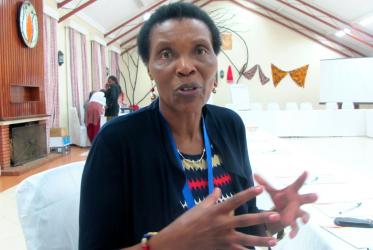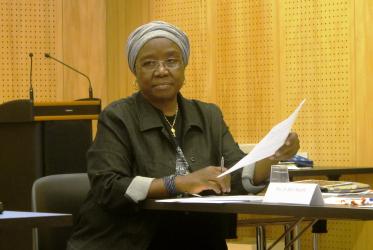Displaying 21 - 32 of 32
Land rights focus of panel discussion
17 November 2015
Churches have a special role to play in HIV response
18 November 2014
Ecumenical panel promotes economic justice
17 January 2014
Churches must create and sustain healthy communities
09 April 2013
Churches engage in development dialogue on Africa
06 March 2013







